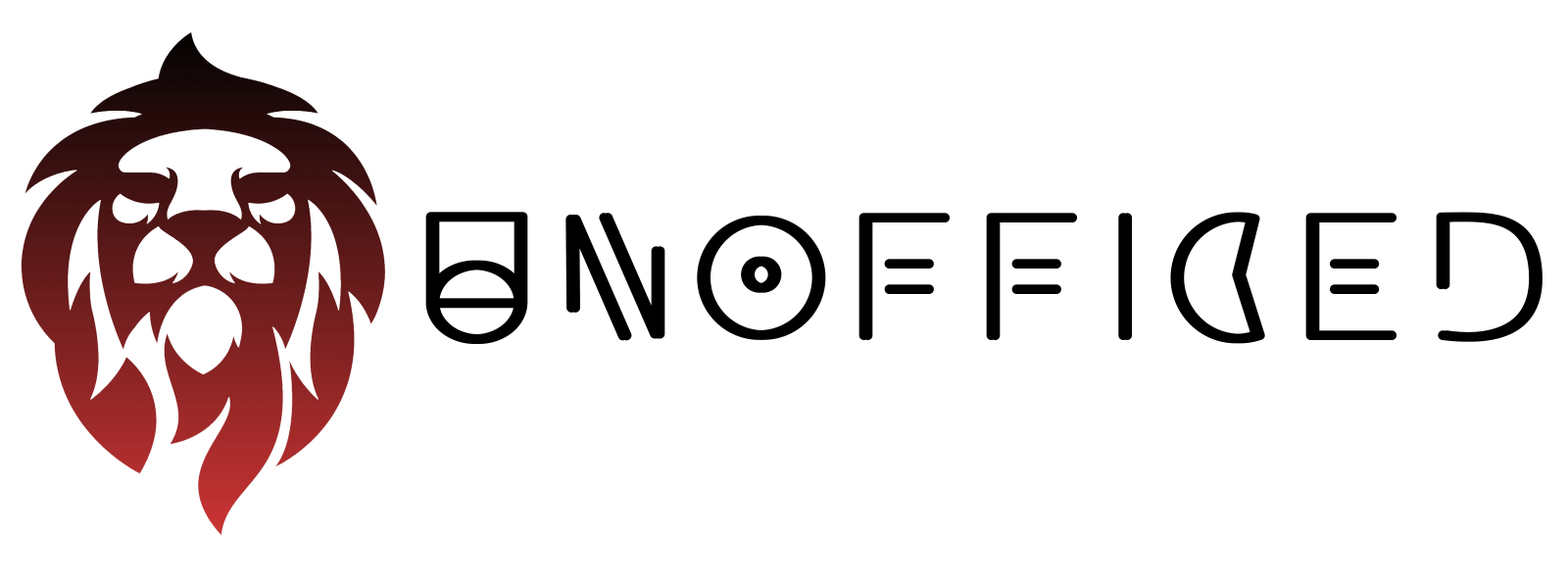Types of Options
There are two main types of options contracts: call options and put options.
Call Options:
- Gives the buyer the right, but not the obligation, to purchase an underlying asset at a predetermined price, known as the strike price, within a specific time frame.
- If the price of the underlying asset rises above the strike price, the buyer can exercise their option and purchase the asset at the lower strike price, potentially realizing a profit.
- Typically used by investors who believe that the price of the underlying asset will increase in the future, as they provide a way to gain exposure to potential price increases while limiting potential losses.
Put Options:
- Gives the buyer the right, but not the obligation, to sell an underlying asset at a predetermined price, within a specific time frame.
- If the price of the underlying asset falls below the strike price, the buyer can exercise their option and sell the asset at the higher strike price, potentially realizing a profit.
- Typically used by investors who believe that the price of the underlying asset will decrease in the future, as they provide a way to profit from potential price decreases while limiting potential losses.

